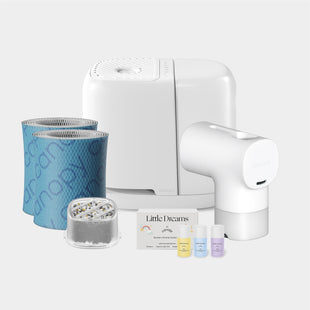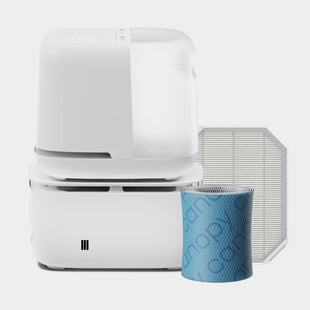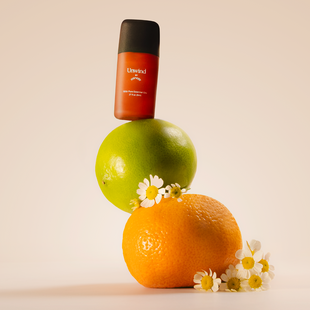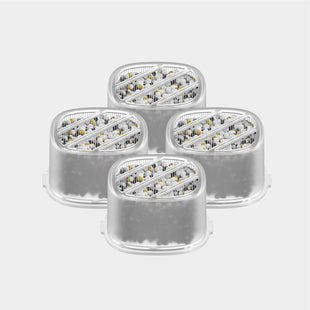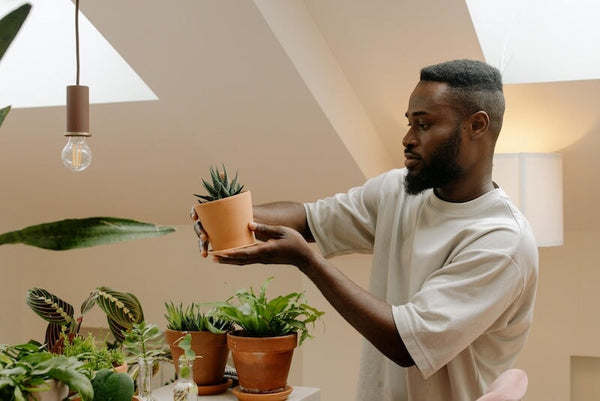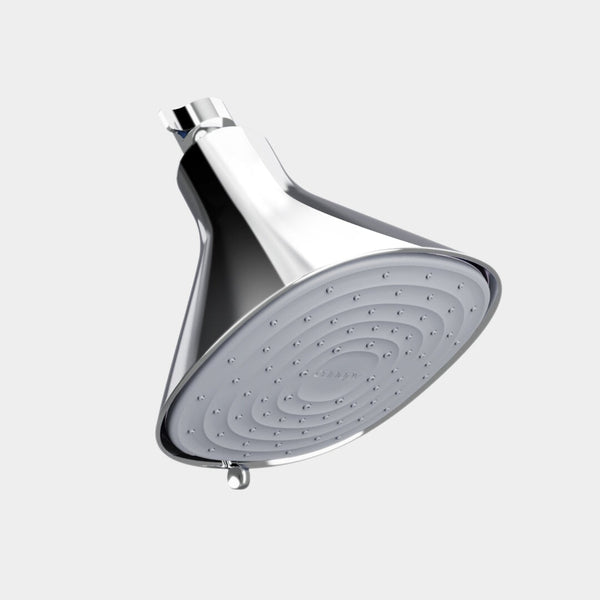Shower time is sacred. The soothing stream paired with diffuser aromas can turn your bathroom into a relaxing, spa-like environment. Plants can enhance this effect and bring color and texture into the space for an organic decorative flourish. But it’s important to choose your shower plants wisely: Certain species quickly acclimate to high humidity and low natural light, while many other varieties are better suited for direct sunlight and drier conditions.
How do you know which plants work best in the shower? More importantly, how do you care for them properly in this environment? Read on for shower plant suggestions and advice to help your favorite greenery thrive.
Which Plants Are Best for Shower Stalls?
Browse interior designers' social media profiles, and you'll see striking images of well-appointed bathrooms boasting roomy shower stalls with strategically placed pots and hanging planters. Replicate the aesthetic in your shower stall with one (or all) of our top shower plant picks.
Bird's Nest Fern
Consider ferns the superheroes of shower plants. They thrive in high humidity from a steamy shower without wilting. The humid conditions are like a natural bug repellent, keeping unwanted guests away from the fern and you. If your shower stall doesn't have a windowsill or other natural light source, ferns will still flourish in a dimly lit environment. Frosted and textured shower pane glass provides additional shade from direct light to keep ferns in top condition.
Did you know that there are over 10,000 fern species? To narrow down the list, opt for low-maintenance varieties that don’t require you to have a green thumb. The bird's nest fern is a noteworthy choice. Featuring curvy, eye-catching fronds, these plants are a pet-friendly option that removes toxins to help clean the air in your bathroom.
Spider Plant

Temperatures spanning 60 to 80 degrees Fahrenheit paired with humidity in the 50% to 60% range keep spider plants happy, which is why they are a welcome addition to any shower stall. Let the spider plant's coiled leaves cascade over the sides of a hanging planter to add a pop of earthy color and textural interest to the enclosure.
Elevating a spider plant allows it to absorb moisture without getting drenched. This species can also soak up toxins to improve indoor air quality. Lastly, they are also a suitable low-maintenance choice, only requiring weekly or biweekly watering when the soil dries out.
Anthuriums
A warm, humid shower stall mimics the moisture-laden tropical climate anthuriums require. The perennial—also known as the flamingo flower or laceleaf—has flowers that range from red to purple in color, complementing various bathroom color schemes. The showy plants are natural air purifiers that remove toxins, like ammonia and formaldehyde. They also eliminate odors and deter mold spores for a more pleasant, allergen-free shower experience.
While many shower plants prefer low light, anthuriums are the opposite. These slow-growing plants soak up indirect sunlight, making them an excellent focal point on a shower windowsill. The warmth from bright, indirect light helps evaporate moisture on anthuriums to prevent fungal infections.
Anthuriums don't require constant attention; weekly watering and repotting every few years will help extend the life of these shower plants. But it’s important to note that this species is not safe for pets.
The Impact of Hard Water & Chlorine on Shower Plants
It's common for tap water to have chlorine. After all, the disinfectant kills bacteria and viruses, making the water safe for your household. Your home might also have hard water, meaning it contains high levels of dissolved minerals like calcium and magnesium.
Not only can excessive chlorine and hard minerals irritate your skin, but they also negatively affect plants in shower stalls. Chlorine can damage roots, making it difficult to deliver water and nutrients to other parts of the plant. The additive also harms shower plants from the inside out, first building up in their tissue and then burning their leaves.
Even though calcium and magnesium are essential for healthy plants, the high levels found in hard water make it difficult for plants to absorb other vital nutrients. Each plant has an optimal soil pH to remain healthy and hard water can disrupt that balance.
Why Filtered Water Is Best for Shower Plant Care
Choose filtered water to keep chlorine and hard water minerals away from your plants. Our Canopy Filtered Showerhead puts tap water through a rigorous filtration process to remove harsh substances that can stress out hair, skin, and even plants. The full-size showerhead has an adjustable stream and creates plenty of ambient moisture to keep plants happy.
Our Handheld Filtered Showerhead is a great choice for targeted plant care. Direct the stream to clean under the leaves of your bird's nest fern, remove dust on your anthuriums, and keep the spider plant's soil damp but not muddy. With the right tools and routine, you can be sure that even the most delicate shower plant species will thrive.









